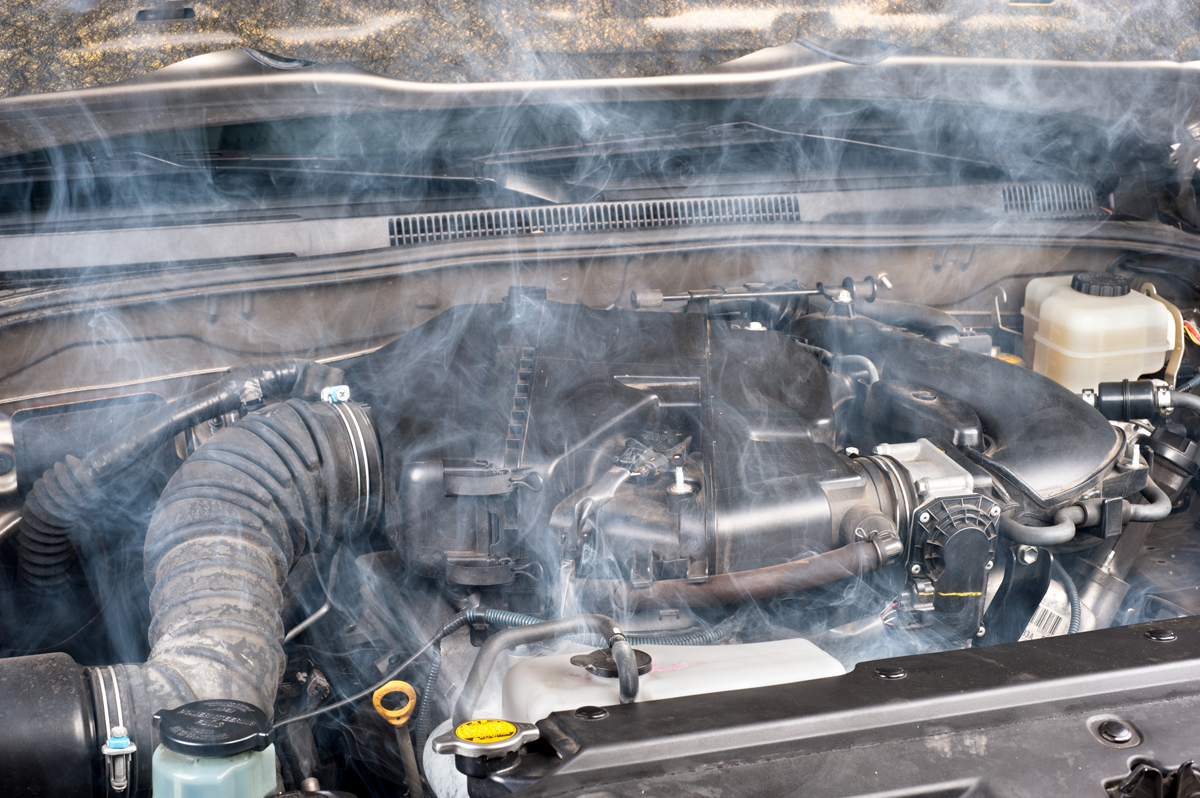When a car’s engine seizes, it can lead to dire consequences for vehicle performance and safety. An engine seizure is a critical failure that can leave a driver stranded and potentially result in costly repairs. In this article, we will explore the common causes of engine seizure, the signs to watch for, and how to prevent this automotive nightmare from occurring.
What Does It Mean for an Engine to Seize?
An engine is considered to have seized when it can no longer rotate freely. This can occur due to a variety of reasons, primarily relating to a lack of lubrication, overheating, or physical damage to the engine components. When an engine seizes, it can result in severe damage, often requiring a complete engine replacement.
Common Causes of Engine Seizure
Understanding the causes of engine seizure is crucial for any car owner. Here are some of the most prevalent reasons:
- Lack of Lubrication: The most common cause of engine seizure is insufficient oil. Oil lubricates the moving parts of the engine, and without it, friction increases, leading to overheating and eventual seizure.
- Overheating: Engines generate a lot of heat during operation. If the cooling system fails or there is a lack of coolant, the engine can overheat, causing metal parts to expand and seize together.
- Contaminated Oil: Dirt, debris, and metal shavings can contaminate the engine oil. Contaminated oil loses its lubricating properties, which can lead to increased wear and eventual seizure.
- Faulty Engine Components: Worn or damaged parts such as bearings, pistons, or crankshafts can lead to failure. These components must be in good condition to ensure proper function.
- Improper Maintenance: Regular maintenance is key to keeping an engine running smoothly. Skipping oil changes or neglecting other maintenance tasks can lead to engine issues.
- Fuel Issues: Poor fuel quality or a lack of fuel can cause the engine to run lean, leading to overheating and potential engine damage.
Signs of Engine Seizure
Recognizing the early signs of engine seizure can help prevent catastrophic failure. Here are some symptoms to look out for:
- Unusual Noises: Knocking, grinding, or squealing noises coming from the engine can indicate serious issues.
- Difficulty Starting: If the engine struggles to start or makes a grinding noise when attempting to turn over, it could be a sign of impending seizure.
- Warning Lights: Pay attention to warning lights on the dashboard, particularly the oil pressure light or temperature gauge.
- Smoke: Excessive smoke from the engine can indicate overheating or oil burning, both of which can lead to seizure.
- Loss of Power: A sudden loss of power while driving can be a precursor to engine failure.
Preventing Engine Seizure
Preventing engine seizure is primarily about proper maintenance and care. Here are some tips to keep your engine healthy:
- Regular Oil Changes: Change your engine oil as recommended by your vehicle’s manufacturer. This helps ensure proper lubrication and removes contaminants.
- Monitor Fluid Levels: Regularly check oil, coolant, and other fluid levels to ensure they are within the recommended range.
- Cooling System Maintenance: Ensure that your cooling system is functioning properly. Check for leaks and maintain adequate coolant levels.
- Watch for Warning Signs: Pay attention to any abnormal noises or warning lights. Address issues immediately to prevent further damage.
- Regular Inspections: Have your vehicle inspected by a qualified mechanic regularly to catch potential issues before they become serious.
Understanding what causes a car engine to seize is vital for any vehicle owner; By being aware of the common causes, recognizing the signs, and implementing preventative measures, you can significantly reduce the risk of engine seizure. Regular maintenance and vigilance are key components in ensuring the longevity and reliability of your vehicle’s engine. Always consult with a professional mechanic if you suspect any issues to keep your engine running smoothly.

